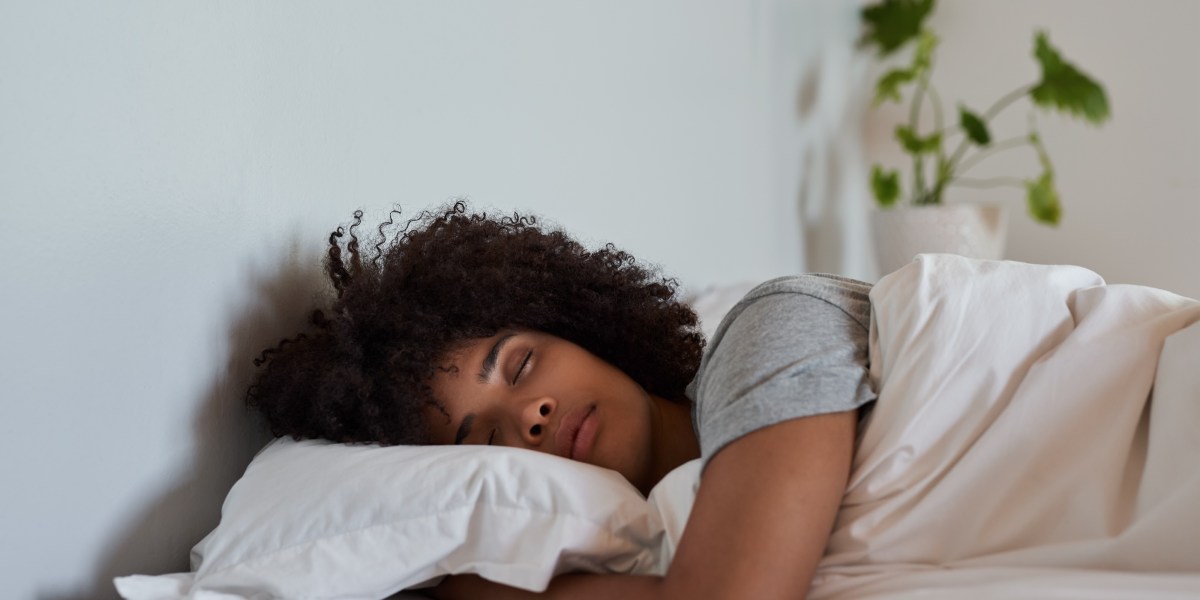Why We Might Not Need Eight Hours of Sleep After All
The Evolution of Sleep Norms
Unpacking the historical context of sleep, it's fascinating to see how the rigid eight-hour sleep cycle emerged during the Industrial Revolution, a period marked by long, grueling work hours. The idea was more about aligning the workforce to a schedule conducive to mass production than actual health needs.
Rethinking Sleep Duration
Current research suggests that the optimal nightly sleep for many healthy adults hovers around seven hours. While this may seem surprising, it aligns with evolutionary biology studies indicating that our ancestors didn't sleep in one continuous eight-hour block.
"Sleep is that golden chain that ties health and our bodies together." - Thomas Dekker

Exploring the U-Shaped Risk Curve
The notion of a U-shaped risk curve is gaining traction among scientists. Essentially, both too little and too much sleep can be detrimental to health. Research links these extremes to various health issues, reinforcing the idea that striking a balance is key.
Key Takeaways from Sleep Studies
- Most adults thrive on 6.5 to 7.5 hours of sleep.
- Quality of sleep is as crucial as quantity.
- The sleep needs of individuals can vary widely based on lifestyle and genetics.
For a more in-depth analysis on how sleep affects health, check out this comprehensive guide to sleep science by renowned sleep researcher Matthew Walker.
Technology's Role in Modern Sleep
In today's digital age, technology plays an intriguing role in shaping our sleep patterns. From blue light emitted by screens to sleep tracking smartwatches, explore the interplay between technology and rest. For more, visit the Sleep Foundation for guidance on using technology for better sleep hygiene.
Looking Ahead: What's Next in Sleep Research?
sleep scientists continue to explore how environmental factors, such as urban living and societal stresses, impact our rest efficiency. The goal is to develop guidelines that better reflect contemporary lifestyles, potentially altering the way we approach sleep forever. Stay updated with the latest from Harvard's sleep research studies on Harvard's official site.
Debunking Sleep Myths
Beyond the eight-hour debate, numerous myths about sleep persist. From sleep debt to the supposed efficacy of sleep aids, many commonly held beliefs await scrutiny. Follow @Harvard for ongoing insights into debunking popular sleep myths.
